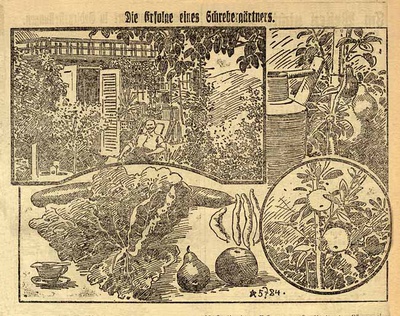This project investigates the survival strategies of Viennese working-class households, before, during and after World War I.
Funding
Stadt Wien, Abteilung Kultur und Wissenschaft
Cooperation Partner
Austrian Academy of Sciences (ÖAW) / Kommission für Interdisziplinäre Ökologische Studien (KIÖS)
Duration
September – December 2015
Principal Investigator
Researcher
Ulrich Schwarz
Description
This project explores the precursor to the current lifestyle-trend urban gardening: the surviving strategies of Viennese working class households, before, during and after World War I. It deals primarily with nutrition and in particular with the relation between subsistence production of food and market-related consumption of food. Theoretically and methodologically the project is oriented towards Pierre Bourdieu’s analysis of lifestyles. This analysis measures a social space of classes, where agents occupy particular positions according to their capital resources and thus an interrelated symbolic space of lifestyles. Contemporary surveys of working class household budgets in 1912/14 and 1925 form the empirical foundation of this project. These contain the individual data on 100 and 42 households respectively and offer information on occupation, age and gender composition, incomes and outlays, debts, food consumption, etc.
